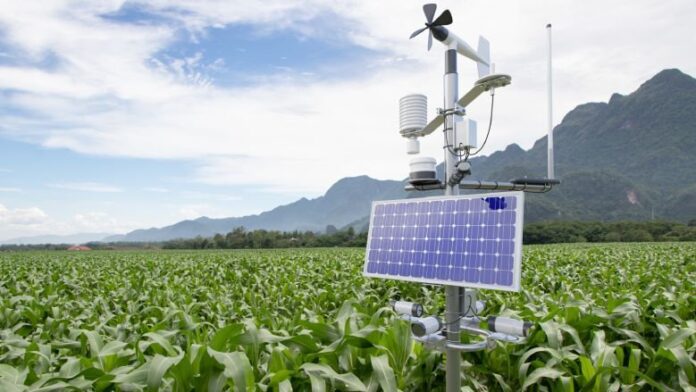The Sindh government has launched advanced “climate-smart technology” to address the impacts of climate change on the agricultural sector.
Sindh Minister for Agriculture Muhammad Baksh Mahar inaugurated the initiative, which includes the establishment of an MRL laboratory to prevent Panama disease, promote early cotton cultivation, and test pesticide residues in agricultural products.
Mahar emphasized that while Pakistan contributes minimally to global carbon emissions, it faces severe climate challenges, including floods, droughts, and unpredictable rainfall. Agriculture, a key sector of the economy, is suffering from these disruptions.
To mitigate these challenges, agricultural research institutions in Sindh are introducing technologies designed to improve food security and productivity. The aim is to achieve higher yields using fewer resources, with innovations like climate-resilient irrigation methods that can save 25-30% of water used for wheat cultivation and increase yields by 10-15%.
The new approach includes practices such as double-row planting for wheat, reducing seed usage by 60%, and cultivating drought-resistant crops like mustard. Other initiatives involve tunnel farming for vegetables, trials of saffron, production of disease-free banana plants, and early cotton cultivation.
These technologies are expected to help stabilize agricultural production, increase farmer incomes, and improve agricultural exports. The government hopes that their widespread adoption will ensure sustainable agricultural practices in the face of climate change.
The event was attended by several agricultural leaders, including Secretary Agriculture Sohail Ahmed Qureshi, DG Research Dr. Mazhar Ali Kerio, and DG Engineering Syed Nadim Shah.




